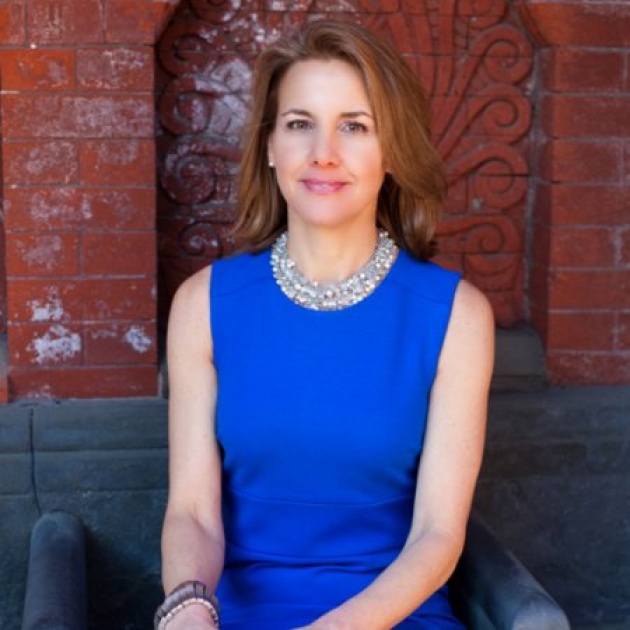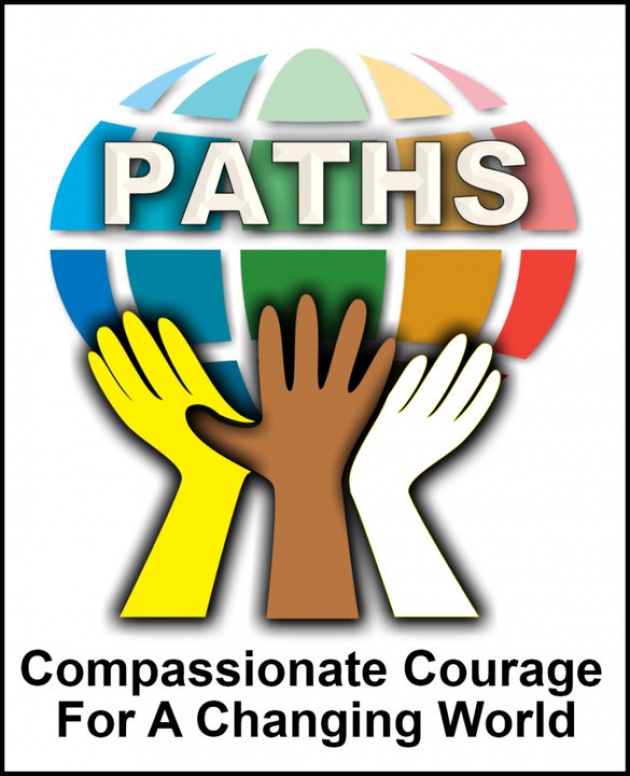
Debbie Smith is the Executive Director at Parents and Teachers Helping Students PATHS , below is an interview of her about disabled children in Afghanistan.
FA: Please tell us about yourself and your background?
I created PATHS, a 501 (c)(3) organization, in 2006 because of my experiences in raising two very diverse children and putting them through the U.S. public school system. My son was in gifted and talented and honors programs throughout his education, and my daughter has been enrolled in Special Education programs since pre-school. Both of my children are now in college, but it was the constant battle to get my mentally-retarded daughter an appropriate education that ignited my passion for advocating on behalf of students with physical and cognitive disabilities.
I received my Bachelor's degree in Political Science from Arizona State University and I hold a Master's degree in Diplomacy/International Conflict Management from Norwich University. It is the combination of my Master's studies in rebuilding developing countries mired in conflict and my work on behalf of those with disabilities that has brought me to my current project, Operation Exceptional Child (OpEx Child) in Afghanistan.
As the Executive Director of PATHS, I created Operation Exceptional Child - the establishment of a laboratory school for training teachers and educating students with disabilities in grades K through 12 in Kabul, Afghanistan.
I have completed an interview with Voice of America that was translated into Dari, Pashto, and Farsi when it was broadcast across Asia and Europe. I also presented Operation Exceptional Child at the National Press Club in Washington, DC in April 2011 that was also broadcast on C-SPAN. The production of a documentary on Operation Exceptional Child is pending.
FA: Please tell us about Parents and Teachers Helping Students (PATHS) and the philosophy behind it?
Our mission at PATHS is to expand educational opportunities so that all individuals receive the best possible education, regardless of their abilities or disabilities. We understand the important role that education plays in society - it allows students of all abilities, socio-economic backgrounds, and ethnicities to come together to learn not only about academics and the world around them, but also about each other. To this end, PATHS is training teachers and building a laboratory school for children with disabilities in Afghanistan so that they may contribute to the future stability of their country.

FA: What are the main challenges you have faced during your project in Afghanistan?
The main challenge I have faced in getting OpEx Child launched has been funding due to an overall lack of awareness regarding the plight of the disabled in Afghanistan. People with disabilities in Afghanistan, especially the children, suffer immensely and yet never seem to make it on anyone’s radar - this in spite of the fact that the United States has conducted military operations in Afghanistan for more than a decade. The heightened level of conflict has caused a substantial increase in the occurrence of disability among Afghans.
A number of surveys have been conducted on disability in Afghanistan with mixed results. The most recent studies have revealed disability among children range between 1% and 4% of the total population (Ministry of Martyrs and the Disabled (MMD), 2003; Handicap International, 2007). The varying estimates can be attributed to inconsistent definitions of who is considered disabled and the difficulties present in completing any kind of viable research in Afghanistan. Furthermore, negative attitudes towards people with impairment together with poor infrastructure and the lack of resources make it problematic to conduct proper research and effectively identify those with disabilities.
FA: Where do you see the future of developing countries like Afghanistan?
The future of developing countries like Afghanistan is dependent upon support from its neighbors in order that it may realize improved security, greater access to food, clothing, shelter, education, and jobs as economic opportunities develop and basic improvements in infrastructure continue. The three things Afghanistan needs most right now are soldiers, teachers and entrepreneurs. Soldiers for enhanced security in the country; more trained teachers so that Afghan children can receive the kind of foundation they need to succeed; and entrepreneurs to create economic opportunities that will lift Afghanistan out of poverty.
FA: How much education and social media can improve the situation of disabled kids in Afghanistan?
Education is a basic civil human right and ALL children, including children with disabilities, have a right to receive an appropriate education. The lack of educational opportunities for children with disabilities in Afghanistan remains a key reason for poverty and their exclusion from wider community affairs. In Afghanistan, children with disabilities have the potential to make a powerful contribution to the overall development of their communities and the future stability of their country and they deserve an opportunity to receive a more comprehensive education.
Social media can also play a great part in the future development of Afghanistan by increasing access to education, countering extremist voices and empowering new voices, especially among women, girls and the disabled. Additionally, social media will help to improve literacy among Afghans and contribute to the overall communication capacity of Afghanistan.
FA: What is your advice for parents who have disabled children particularly in Afghanistan considering the current situation?
My advice for parents of disabled children who live in Afghanistan would be to get active in advocating for the rights of their child. Only through greater advocacy and awareness will children with disabilities begin to see real changes in the lack of opportunities that they currently face in Afghanistan. Social media can help disseminate information on the rights and responsibilities of individuals with disabilities and ultimately holds the key for the successful future of all Afghans, most especially the disabled.



